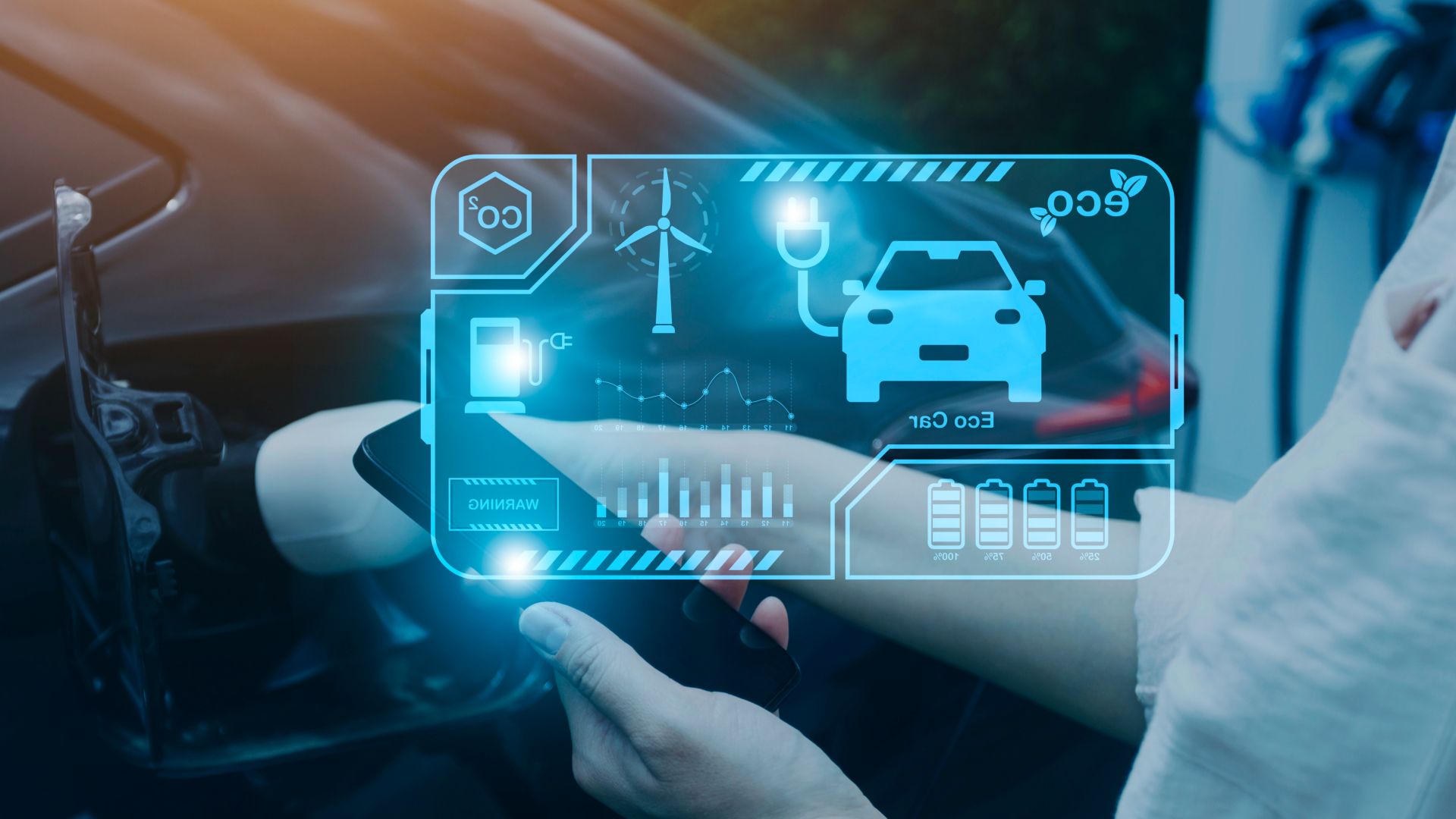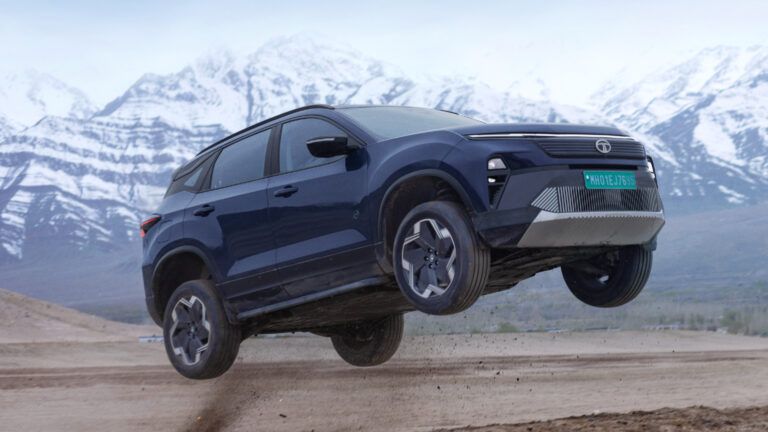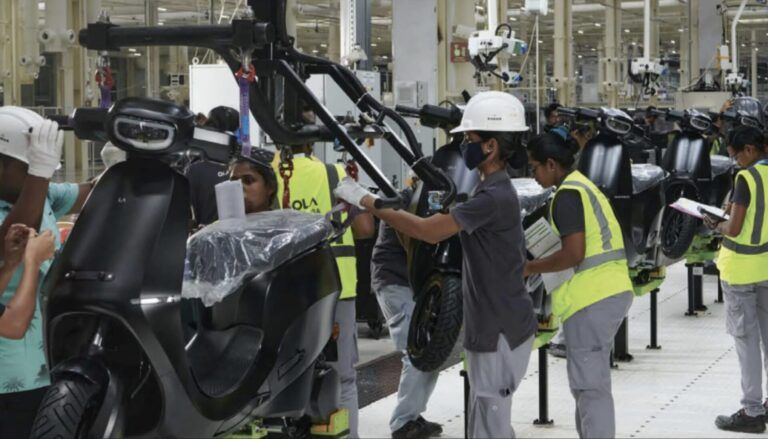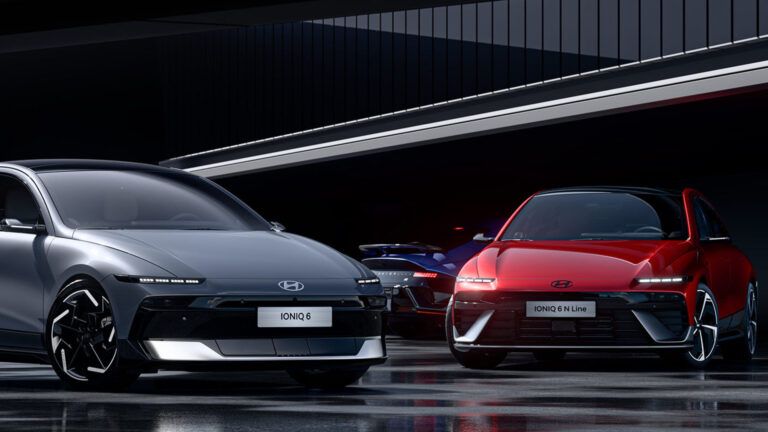Electric vehicles (EVs) are gaining popularity in India for their environmentally friendly attributes and efficient fuel consumption. With more people transitioning to EVs, a common concern emerges regarding the effect of fast charging on their range.
Firstly, you need to know that DC fast charging allows an EV’s battery to charge much faster than regular AC charging. Despite its convenience, there are concerns about whether fast charging could damage the battery.
Before assessing the impact of fast charging on your EV battery, it’s important to understand how batteries operate. Well! The battery consists of multiple cells, each with its own capacity, and charging it means supplying energy to each of these cells.
During DC fast charging, the charger delivers a massive amount of current to the battery, which can increase the temperature of the cells. Excessive heat can potentially harm the cells and gradually decrease their capacity. This is why some people think that DC fast charging might affect the battery and the range of the EV.
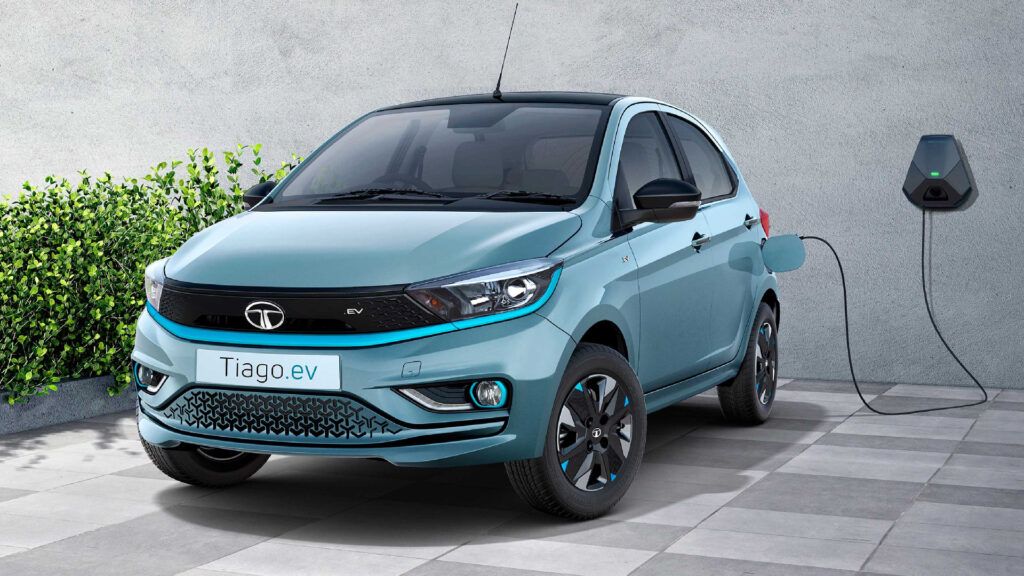
Concerns from EV Owners
A Tiago EV owner shared on social media that his car displayed a 195 km range with 55% charge while using a fast charger. After reaching 100% charge, the range increased to 333 km. He was curious to know if a fast charger could increase the EV’s range.
One person replied that sometimes using a fast charger can initially affect the displayed range. However, he suggested resetting the current trip and driving a short distance to adjust it based on current driving conditions. They emphasized monitoring the energy consumption (Wh/km) as the most reliable indicator.
Another person warned that using DC fast chargers could harm the battery and recommended their use only during long journeys. For regular charging, they recommended using an AC home charger rated at 3.5 kW or 7 kW.
Meanwhile, another individual commented that the range of an EV depends on various factors, including driving style and weather conditions. They suggested that fast charging doesn’t necessarily increase range.
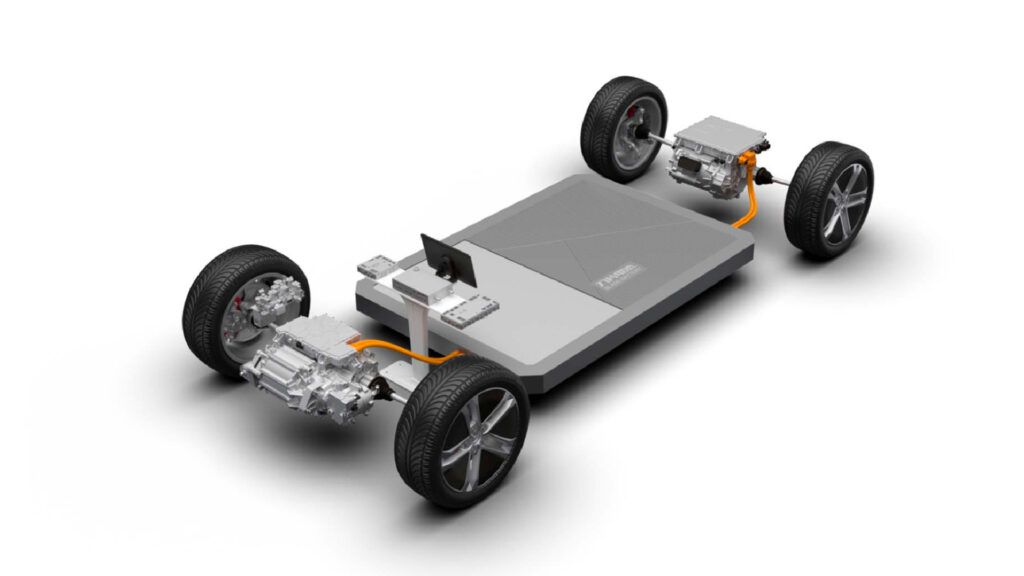
Does Fast Charging Impact the Battery?
DC fast charging may not harm your EV battery or reduce its range. However, its impact depends on how frequently you use it and how you charge the battery. Charging to 100% every time with a fast charger could potentially damage your battery and decrease its range gradually.
So, it’s better to charge your electric vehicle with DC fast charging occasionally and up to 80% or 90%. Even several EV manufacturers suggest using fast charging for quick charges during long trips or urgent situations. They also advise avoiding 100% charge, but rather to 80% or 90%, which can help prolong the battery’s lifespan.
Another thing is to use a charger suitable for your electric vehicle. That’s because not all chargers are the same and using an incompatible one can damage your battery.
This is important in India, where electric vehicles like e2w, e3w, e-tempo, and e-cars are gaining popularity for personal and commercial use. These vehicles frequently make short trips within the city but need fast and efficient charging to meet demand.
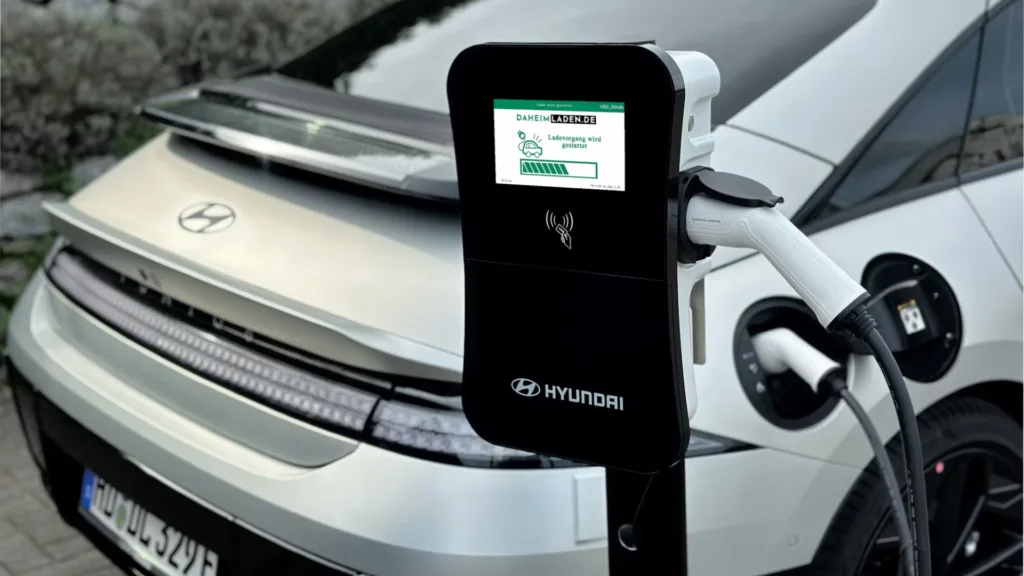
The Conclusion
As mentioned earlier, one of the major concerns about fast charging is potential damage to the EV battery, leading to a notable decrease in vehicle range.
So, is fast charging harmful to the battery? In short, not really. Fast charging does not significantly affect battery capacity and health, or long-term vehicle range.
However, it’s advisable to follow best practices when charging your battery to ensure its longevity. As electric vehicles become increasingly popular in India, owners should learn the correct charging methods to maintain their batteries in optimal condition.

